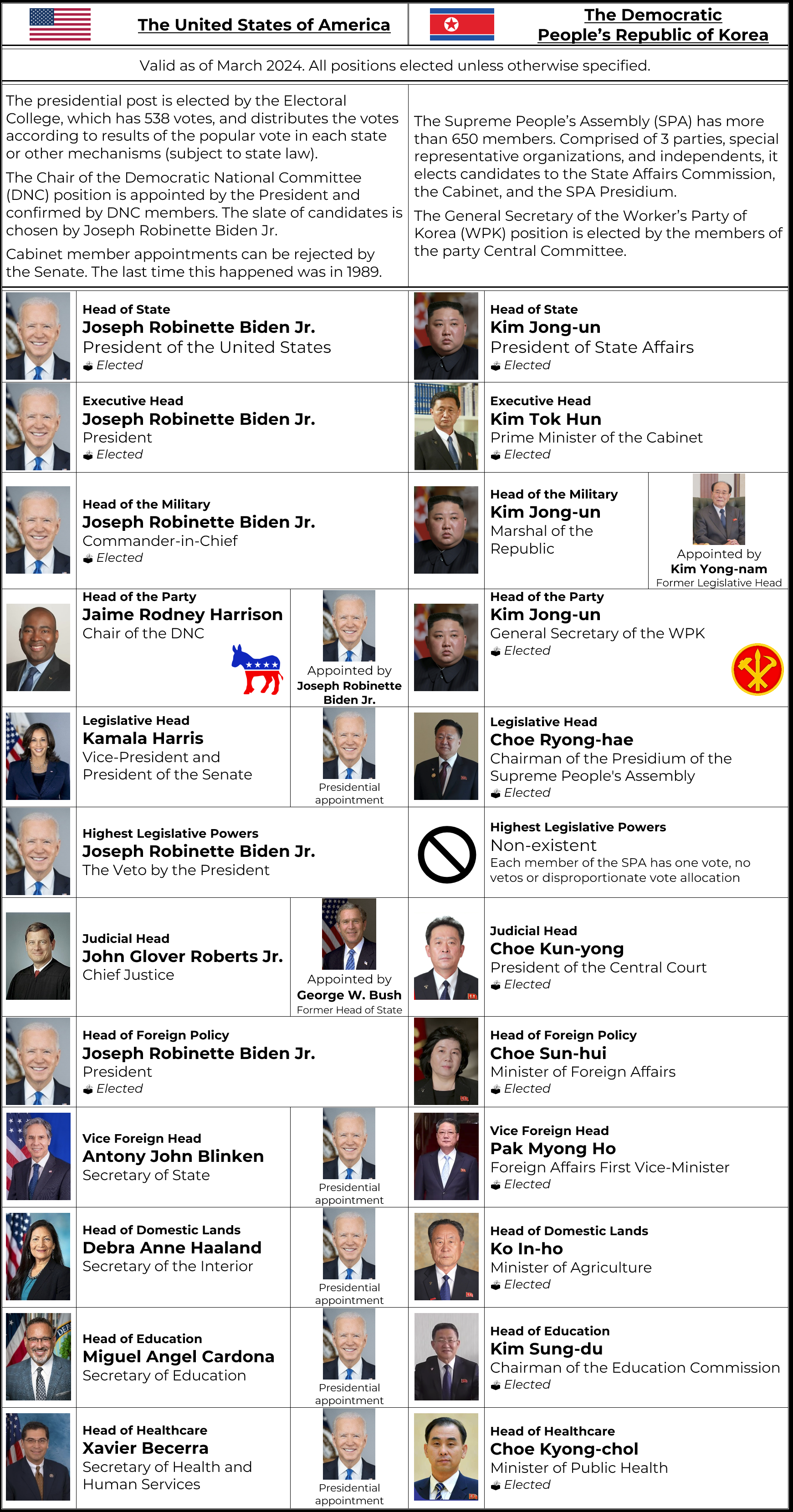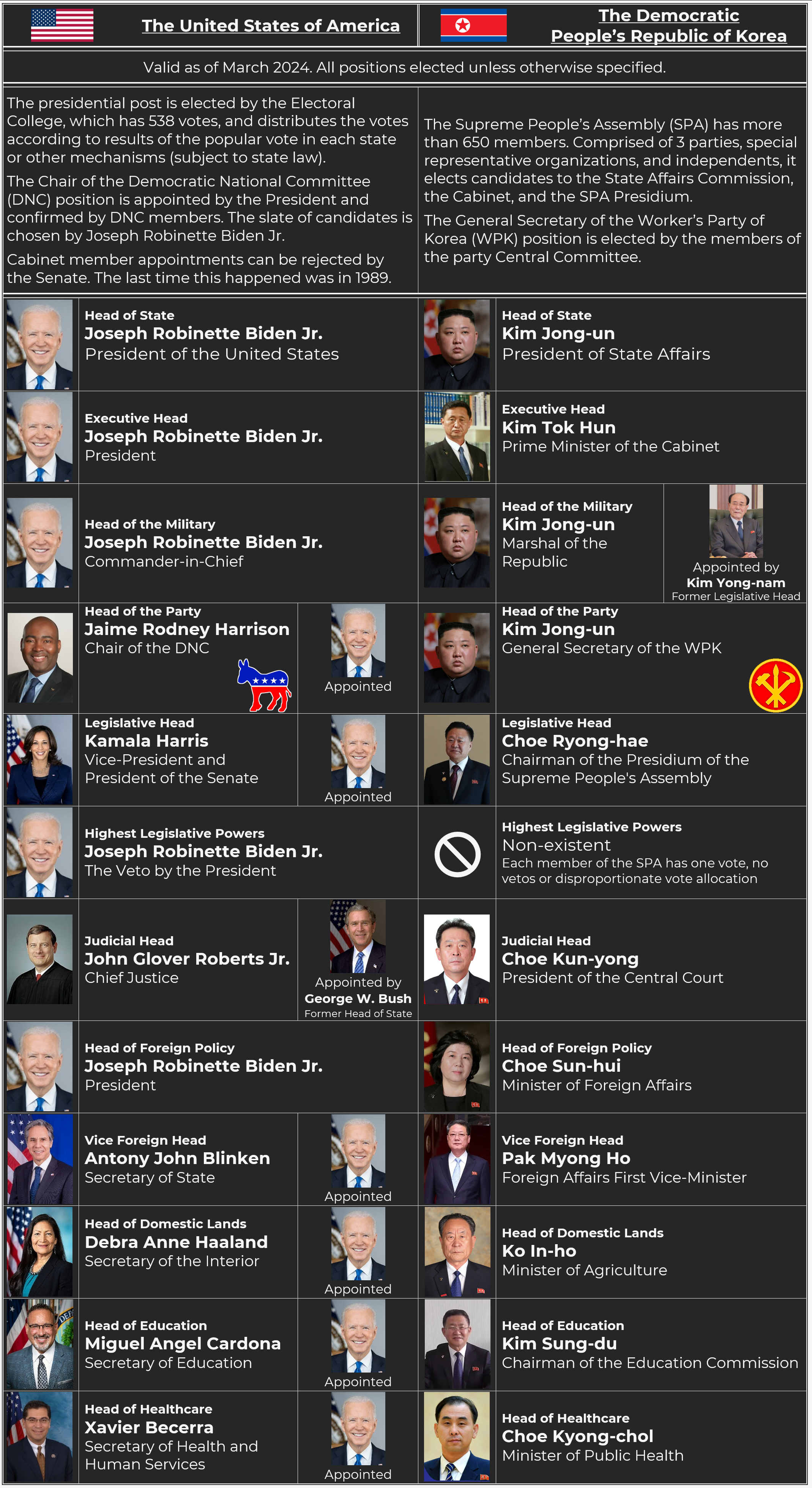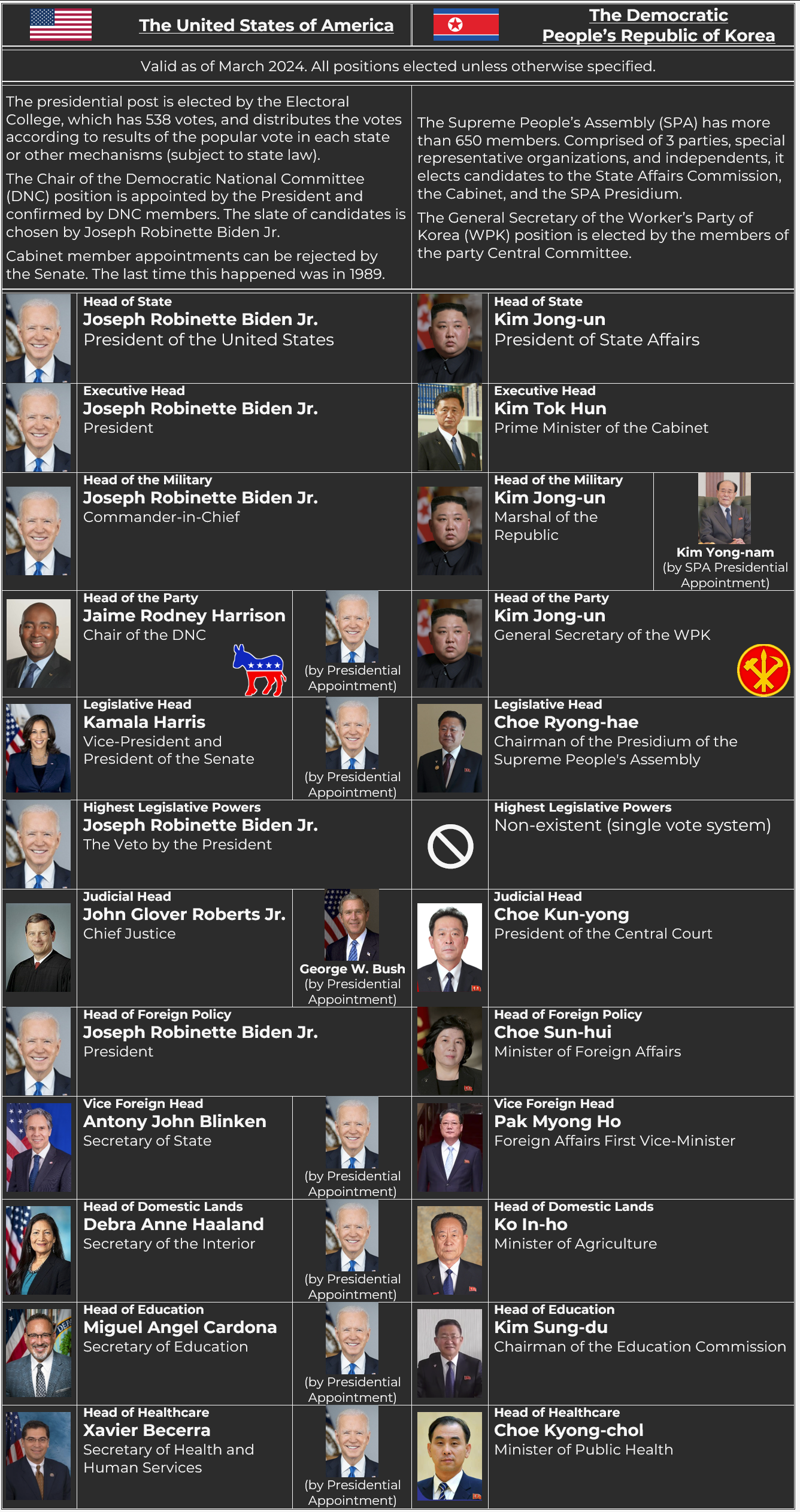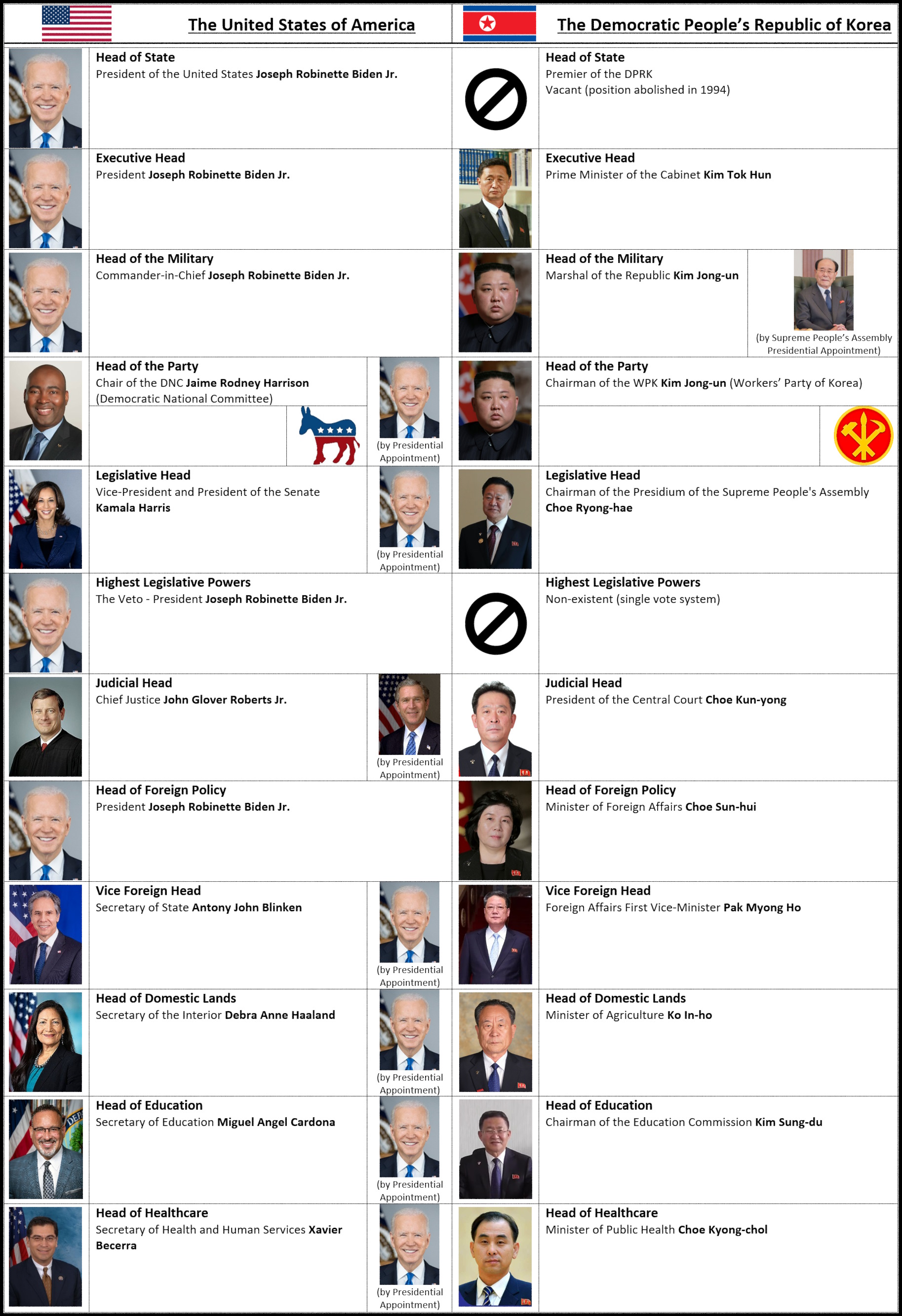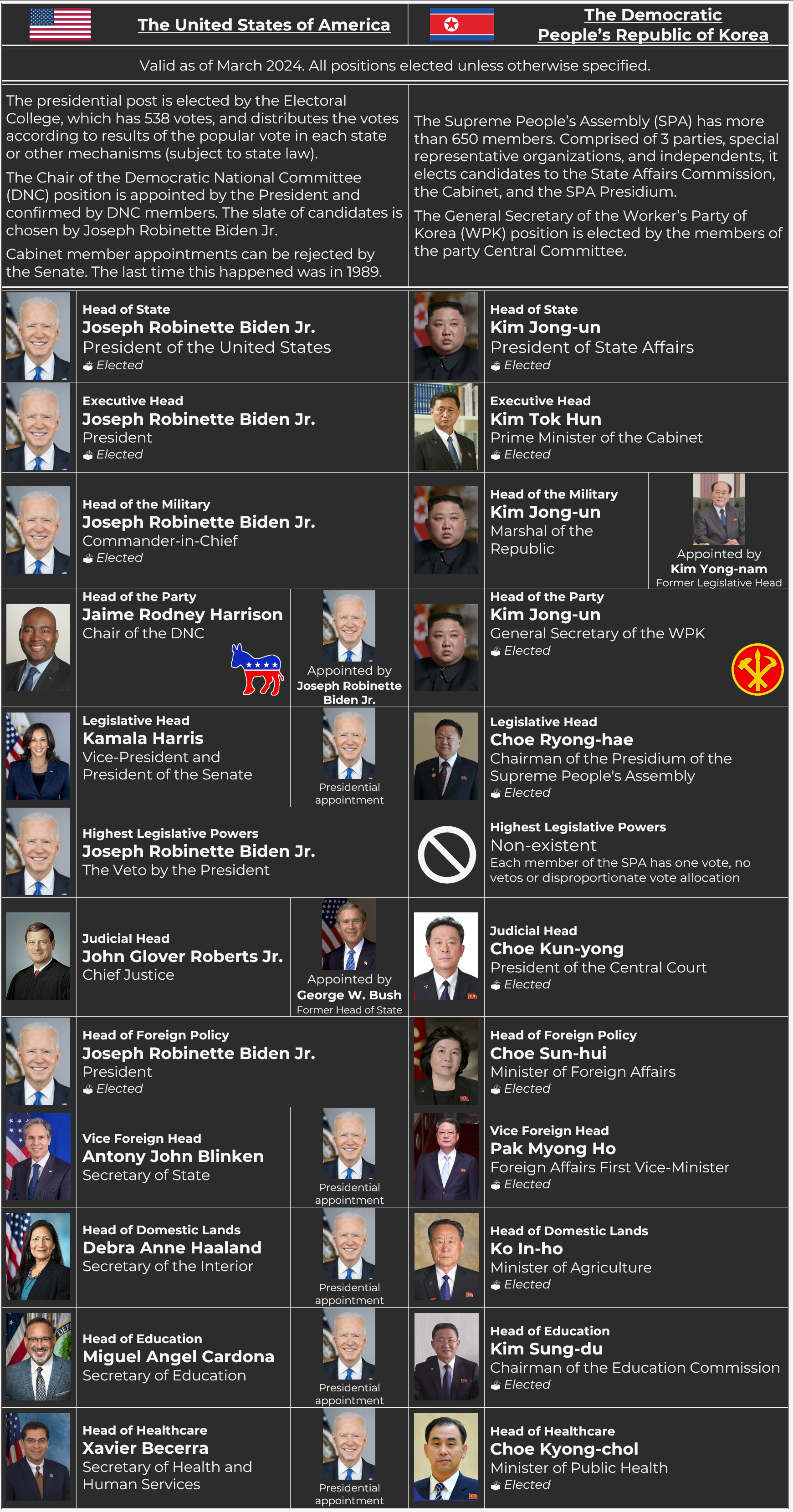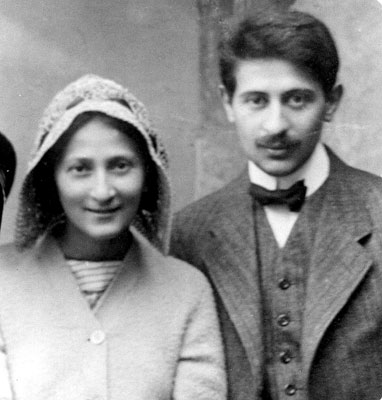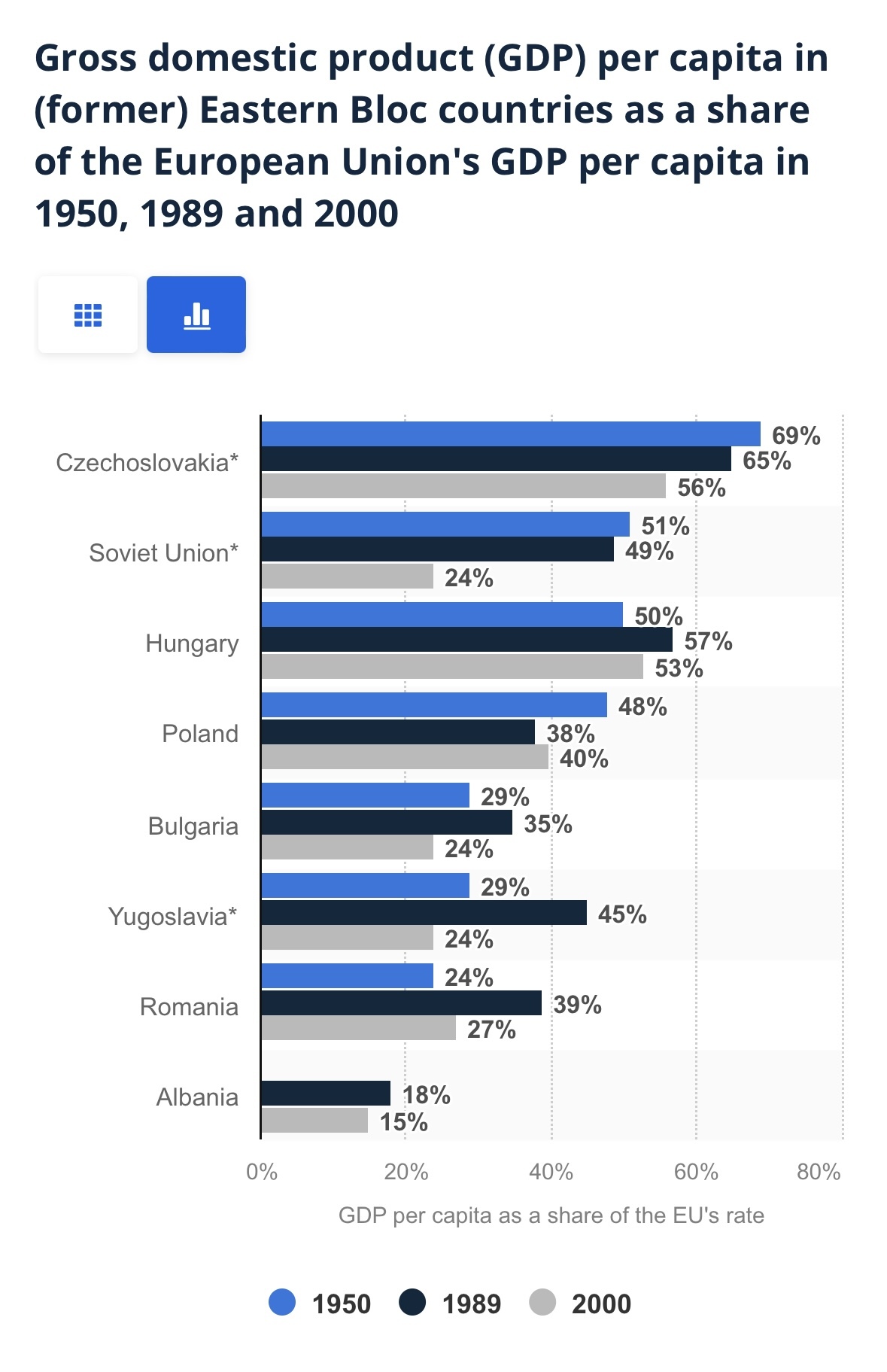Content Warnings: this post contains discussions of hypothetical gun violence and brief mentions of police and fascism.
I recently encountered an anarchist critique of On Authority called The Problems With On Authority. Originally, I intended this response to be a writing exercise in rhetoric and argument construction, but I'm actually really pleased with it and decided to share it. Critique is welcome; this is after all a practice piece. Additionally, please let me know if there's a more appropriate place to put this; I'm not really familiar with this platform.
I should note that I have not written this as a critique of anarchist thought in general, just a critique of The Problems With On Authority. However, being that this is a response to a critique of Engels' critique of (certain) anarchists, I can see how it may read that way.
Introduction
The author's critiques of Engels are, as I show below, evidence of a significant misunderstanding of what Engels is talking about, and in places actually serve to prove him right. I'd encourage anyone reading this to first read both On Authority and The Problems With On Authority. Both are fairly short, and you'll get a better sense of context for my critiques (though I do use quotations of both texts where appropriate). Plus, On Authority is a great read.
I've structured my response to broadly follow the structure of the original critique, though I do jump around in a few places. Again, I use quotations from both texts where I can to give context for my response.
Main Points in The Problems With On Authority
These are the main critiques that I'll be responding to. Each of these correlates, in order, with the Problem headers in the text.
- Force is separate from authority.
- In Engels' analysis of organizations as authority, he failed to make distinct the top-down organization of capitalist enterprises from voluntary, democratic workplaces under a socialist mode of production, which due to their democratic nature are not organized in a way that utilizes authority.
- Authority is generated by obedience.
- Authority is never necessary and should be rejected/combated at all times.
- Authority, as it is defined by the author, is alone what serves to maintain capitalism.
In On Authority, Engels defines authority this way:
"Authority, in the sense in which the word is used here, means: the imposition of the will of another upon ours; on the other hand, authority presupposes subordination."
And in The Problems With On Authority, the author comes to the following definition:
"As an anarchist who rejects all authority, this is what I mean when I use the word, and from this point on when I say “authority” I am referring only to the authority granted by unquestioning obedience."
I state this now as the critique doesn't give its full definition until the third Problem section, but I will be addressing parts of it ahead of that section. Ultimately, the author seems to construct a vastly different definition than the one Engels uses, with the apparent result that they can both take a wholly anti-authority stance while still agreeing for use cases for authority as it is defined by Engels. I find that their definition is wholly incomplete and, if used as-is, has some implications I'll address below.
Authority as a Generated Force
I refer throughout my rebuttal to the generation of authority-- that is, the phenomenon by which some action or quality grants a party authority over another party. I use this model as a rhetorical device as I think it serves very well to demonstrate why the critique's re-defining of authority is incorrect and to explore the implications of that definition. I specify this because I see this model as a natural outgrowth of that definition, and it is not a model I have explored or interrogated outside of this context, and therefore it is not a model I necessarily subscribe to.
Problem One: Authority as Force
In this section, the author claims that (some anarchists) do not define force as authority (or as either a component or sub-type of authority), and that Engels, in failing to understand this, has misrepresented anarchists in their total rejection of authority as also rejecting the use of any and all force in revolutionary pursuits.
As from the outset they have rejected Engels' definition, I'll explore the ramifications of their definition (that authority comes from/is generated by blind obedience) here. They contrast blind obedience with obedience in the context of the subordinator doing what they have been instructed to do because it is in their own self-interest. However, they also discuss the subordinator who has considered the obedience, and finding it against their own self-interest, obeys anyway:
"And if an obedient subject does come to an understanding of their own desires while remaining obedient to authority, their own obedience prevents them from expressing themselves to that authority."
This is a failure to understand why someone might knowingly act outside their own best interests (which I'll address further on), but it also leaves us with some fascinating implications. This text and others use violence in self-defense as an example of justified force without authority, so I'll use that scenario as well.
Say that someone has pointed a gun at me and told me to give them my wallet. If I obey them, under this definition of authority without force, we're presented with three absurd scenarios:
- I give them my wallet because it serves my own self interest of not getting shot, and this person holds no authority over me.
- I give them my wallet not because they'll shoot me if I don't but because I am blindly obeying, and there is authority generated by my blind obedience and not by the (threatened) force of the gun.
- I give this person my wallet not because they'll shoot me if I don't and not because I haven't considered that it's not in my best interest to do so-- I am doing what I have been told, knowing it's not in my best interest to do so, despite apparently no other reason to do so, and there is still authority, generated by my obedience alone (thus apparently putting me in power in this scenario).
All of these scenarios are ridiculous. The will of this person is being imposed on me by threat of force. They have a kind of authority in this moment, and it is solely from the gun-- I would have no reason to give someone my wallet if there were no (explicit or implicit) threat of violence.
The author goes on to state that some anarchists do consider (correctly) force to be authority, but those anarchists believe that only unjustifiable authority is unacceptable. They use this to doubly refute Engels; either force is not authority, and so anarchists do not out of hand reject force, or force is authority, but some anarchists do not out of hand reject all authority. Being that the author is arguing the first position, which we've demonstrated is an unfounded one, and that Engels specifically agrees with the second point, the critique that Engels makes still stands. If anyone has a critique of On Authority from the other perspective, I'd actually really like to hear it.
"If the autonomists confined themselves to saying that the social organisation of the future would restrict authority solely to the limits within which the conditions of production render it inevitable, we could understand each other..."
The section concludes with this:
"I personally am in the camp that does not consider force to be a kind of authority, as we have a perfectly good word to describe force without having to use “authority” and so confuse force with other kinds of human action."
There are authorities without force-- different types or sources of authority do exist-- but divorcing force from authority entirely is incorrect, especially as it relates to systemic force as we'll see later on. Sub-categories exist for a reason and are perfectly useful here.
Problem Two: Authority as Organization
Here the author asserts that:
"Engels talks about solving these problems entirely in the language of imposition, and dismisses any proposed alternative out of hand as nothing but wordplay."
Followed by this quote from Engels:
"When I submitted arguments like these to the most rabid anti-authoritarians, the only answer they were able to give me was the following: Yes, that’s true, but there it is not the case of authority which we confer on our delegates, but of a commission entrusted! These gentlemen think that when they have changed the names of things they have changed the things themselves. This is how these profound thinkers mock at the whole world."
As we have established, and as the author is aware, Engels uses the language of imposition because that is how he has defined authority. We're already aware of the author's complaints with parts of this definition; however, at no point in this text does the author offer an alternative definition in the purpose or use of authority, only in the generation of it, so I will continue to use that part of the definition from Engels.
This entire section is regarding the example that Engels gives of an individual will necessarily being subordinated in a production context to the will of others. The author says here that Engels didn't consider ways you could make decisions about production other than a manager being appointed from above. He did, though:
"The workers must, therefore, first come to an understanding on the hours of work..."
And:
"Thereafter particular questions arise in each room and at every moment concerning the mode of production, distribution of material, etc., which must be settled by decision of a delegate placed at the head of each branch of labour or, if possible, by a majority vote..."
He has not stated in what manner a delegate has been selected, though I certainly have never worked somewhere where my manager was a delegate to a sort of manager council making decisions together, so I'm inclined to think that he's not referring to managers under capitalism here. Nevermind the fact that he states in the quote they used that the preferred method of decision is by majority vote among the workers.
The wordplay bit is a reference to this line:
"These gentlemen think that when they have changed the names of things they have changed the things themselves."
Given what we've seen and will continue to see in their definition-crafting (it seems to me that on a topic like this you wouldn't want to wait to define your most basic term until the fourth section, which is why Engels defined it in the second paragraph) I feel comfortable saying Engels is right here.
The author goes on:
"In the bottom up form of organisation, procedures and specialist roles are only possible if they are built on accommodation and compromise between those involved."
I agree with this idea-- and-- it's important to recognize the power and authority that comes with specialist positions. Have you ever worked somewhere where someone was allowed to get away with things others weren't because they were respected in their field or because they were the only one who had certain vital knowledge or skills? Granted that we presently live under a capitalist mode of production, but problems don't just go away under socialism without deliberate work, and refusing to name power so you can justify it while remaining 'anti-authority' doesn't make it go away. In fact, that kind of attitude contributes to the broken stair issue in organizing, where an individual is a known problem for one reason or another in an organization, but the issue is never addressed due to the person's skills, influence, or connections. In a bottom-up form of organization, people would still need the will to remove or resolve a problem in order to actually do so-- letting problems lie to keep the peace or because resolution would be complicated is one of Mao's definitions of liberalism if I remember correctly, and combatting that problem behavior and the liberalism that perpetuates it requires naming both.
Consider the democratic workplace: everyone votes to take a certain action, and by whatever democratic processes have been laid out, the majority vote is followed. From here, those who had the dissenting vote have two choices: submit to the majority, and in so doing submit to the authority of the majority-- which they have consented to by their joining the workplace, but which does here still have power over them, or leave-- validating the authority of the majority in their demonstration that they can't act within the workplace but outside that authority (presuming that there are measures in place to address workers who try to do so). Now consider my job in a capitalist system: I have no say in who my manager is or in what decisions they make. If my manager makes a decision that I disagree with, I have two options: I can submit to the decision, submitting to an authority I did not choose, or I can leave. These scenarios aren't identical in that the authority is conferred in different ways, but they are both types of authority. In the democratic workplace the authority is that of the workers over their collective labor power, but it is also authority over the dissenting individual if there's not strong enough dissent to change the outcome, and ultimately the decision is the same: submit or leave (of course I recognize that the consequences of leaving your job would be different under a different mode of production, but that doesn't negate my point).
A final point in this section-- the author says this about Engels:
"...he says that delegation makes no difference regarding the level of imposition a worker faces within an organisation."
He absolutely does not say that. In fact, before the spinning mill example, he refers to authority "changing its form". Again, there are different degrees and types of authority, and I doubt that Engels would disagree with that, but less authority is not no authority.
Problem Three: Authority as Obedience
It's here that our critic finally supplies their definition of authority (or at least its source; as I've said, nowhere in this text do they define what, in practice, authority is):
"As an anarchist who rejects all authority, this is what I mean when I use the word, and from this point on when I say “authority” I am referring only to the authority granted by unquestioning obedience."
I discussed what this means in terms of the realities of decision-making by the subordinated person; here I'd like to discuss how this implicates the working class in their own subordination and the relation of (systemic) force to (systemic) authority.
A common throughline you'll see in some socialist texts (particularly those written by the intelligentsia) is the idea that the working class is, in so many words, stupid. The working class does not know they're oppressed, they don't know they're those who clothe and feed society but not those who benefit from that work.
The working class knows. The problem isn't that they haven't figured it out, it's that, through alienation, lack of proper education, and virulent anticommunist propaganda, they are (not all, but many) lacking the correct analytical framework to take their understanding of their circumstances and turn it to action and organization.
This is to say, the idea that unquestioning obedience confers authority is incorrect because the people who live and work under that authority broadly know it's bullshit.
The text goes on to mention that, even if someone questions that authority but still takes the action, the result is the same. However, authority is not conferred if you take an action recommended to you if "you understand that following their instructions is in your own best interest." This is where systemic force comes in.
If my manager tells me to do something I disagree with, I can tell them no. Depending on the instruction and our relationship, this could open a dialogue, but it likely won't. If I continue to refuse, if I have a disciplinary history, or if my boss just doesn't like me, I'm now out of a job. My boss has exercised authority, and I am now subject to no more of it (except that ongoing authority that keeps me out of work with that company and, if they give bad references, other companies). But my boss didn't need to use force; the implicit (and often explicit) force of capitalism is here. If I don't have enough in savings and can't get a new job fast enough, I'm going to get behind on bills. If my friends and family can't support me, I'm going to be evicted-- forcefully. Without submission to my boss's authority, I am now at the mercy of the violence of the system.
So I know my boss has told me to do something which contradicts my will, and I'm going to do it anyway. This can be both against and in line with my self-interest: against, if the instruction contradicts my will or threatens my well-being (perhaps in the context of workplace safety issues), and in line with, in that it is in my self-interest to remain employed. And if it is in line with my self-interests for that reason, it's only because of the threat of force that exists: thus, authority granted by force causes me to act against my interests knowingly.
This section gives a definition of authority which puts the responsibility and in fact power of generating authority in the hands of those who must submit to it-- blaming the working class for their own exploitation and ignoring, as we have removed force from our definition, the violence which keeps us exploited.
This point also fails as a historical analysis: if blind obedience alone generates authority, where did the current conditions come from? How did we come to have obedience to capitalist authority if obedience generates that authority to which we must then become obedient? Did some proto-capitalist arrive one day, start giving out orders to serfs, and find themself perfectly obedient proto-proles? Or is it possible, perhaps, that specific material conditions gave rise to capitalism as we know it, among them the taking by the bourgeoise state power (and its related force) from the feudal lords before them? Perhaps then blind obedience is also what sustained (and apparently created) feudal authority.
One additional point I find notable in this section is the reference to any society which has authority as being an inherently class society (ignoring the incorrect analysis that an authoritative relationship is inherently a class one-- I've worked in plenty of places where my manager, who held direct authority over me and my continued employment there, was working class, and had no different a relationship to the means of production than I). Later we will see how the author views revolution, and that view leads me to assume (and this is an assumption only, but one I see as founded in the author's attitudes towards Marxism-Leninism and revolutions) that this perhaps includes the dictatorship of the proletariat, part of the transition from capitalism to socialism and then, eventually, communism.
On that, I have only to say: yes, the dictatorship of the proletariat is a class-based society. No theory I've seen has ever claimed otherwise, because that's the point. But as the state (far transformed from its bourgeois capitalist form) would be run by the workers and their directly elected and recallable representatives, the class being repressed becomes the bourgeoise. They complained about being told to read 'On Authority;' now I'll tell them to read State and Revolution.
Problem Four: Authority as Necessity
I feel I've discussed already the points in this section, so I don't have much to say here, only that it seems evident to me that Engels understands the different types of and uses for authority, and is even quite explicit that all unnecessary authority should be done away with. The author seems determined to define authority in a way that is completely divorced from Engels' use so then they can berate him from the position of that definition and not the one Engels was talking about. As we've seen, the author accepts use cases for authority under Engels' definition-- they simply don't count those necessary uses as uses of authority.
Again, State and Revolution is a good explainer on this point and what it means to wield state power in a proletarian state.
Problem Five: Obscuring Social Relations
This section makes some assumptions about force and what's involved in maintaining capitalism that are incorrect. It refers back to that idea of obedience generating authority-- which does not explain how that authoritative relationship that's generating the authority came to be.
As I mentioned in my work example, force does not have to be directly applied to me to be a coercing force. The systems under capitalism, increasing with industry as we are further and further alienated from the products of our labor, serve as implicit forces. Without a job, I won't have money; without money, I can't access food, shelter, medical care, and other basic necessities. Trying to access those without money may result in that threat of force, namely the police, becoming a very material authority.
As the text points out, a unified working class can overcome this force with their own. The author again states that it is a curated obedience that prevents this, but again a lack of organization and analytical framework is a better explanation here. Workers understand on their own they are exploited; no one knows on their own how to bring about the end of that exploitation. Even those who do understand are nothing without organization; being a communist doesn't make my bills go away while the working class remains unorganized.
In discussing revolution, the author implies that the dissolution of the state will precede revolution, which will begin after the collapse of capitalist society has already occurred:
"However, a failure of state and capitalist authority is one of the key elements in a revolutionary situation that could lead to socialism. But there need to be a body of people already practiced in socialist, and thus necessarily anti-authoritarian, institutional forms and the cultural norms that support them, to present an alternative to simply rebuilding authoritarian institutions."
This is both ahistorical and implies, frighteningly, that the author believes that workers will simply have to suffer fascism-- as we know it is capitalism in crisis-- before they can hope to move towards socialism. Further notable, as the author imagines socialist organizations picking up the pieces after the failure of a state which has been backed into a corner by its own unsustainability and made to overuse force to cling onto diminishing authority, it should be stated that the first group any fascist government seeks to exterminate is the left broadly: labor organizers, socialists, communists. These organizations may well not exist to rebuild, and if they do, it would be in a greatly diminished capacity and certainly without the power/resources to do so.
It should be evident that, for a great number of reasons, it is in the interest of any socialist project to prevent fascism, not to hope to outlast it.
The author also implies issues with the use of a vanguard party; for a third time, State and Revolution discusses this more in-depth than I can here, and there are many decades of work since to address the issue.
Other Anarchist Definitions of Authority
In writing this critique I searched for other places that anarchists have defined authority to see if they supported this text, and found two I found notable enough to mention. The first, from Bakunin's What Is Authority, asserts that authority is wrong when it is imposed from without, and without the ability to deny it, but acknowledges the existence of and even potential benefits of certain authorities, such as that generated by expertise. As I addressed the issue of imposition under Problem Two, I won't rehash it here.
The second I found notable was from a deleted Reddit user who used the force/self-defense example to say that, in killing someone to defend yourself you do not become an authority over them. I bring this up because The Problems With On Authority uses that same example and extrapolates it to revolution. I have issues with the equivocation of having/using authority and being an authority, but my primary issue is that extrapolation: in a revolution, even insofar as a revolution is an act of the self-defense of the working class, the revolutionary class as a whole (and individuals as representatives of that class) would absolutely be authorities over another group: the other classes, namely the bourgeoisie.
Conclusions
This critique fails entirely to disprove anything Engels wrote in On Authority. We can revisit their main points to see this:
- Force is separate from authority. But we know that it isn't, and in fact is a great generator of authority.
- In Engels' analysis of organizations as authority, he failed to make distinct the top-down organization of capitalist enterprises from voluntary, democratic workplaces under a socialist mode of production, which due to their democratic nature are not organized in a way that utilizes authority. But Engels did make this distinction, and still there is authority-- obscuring it by renaming doesn't make it disappear.
- Authority is generated by obedience. This theory fails to explain how the current conditions of obedience came about if authority, from obedience, is necessary to create obedience. Further, this idea blames the working class for their own conditions.
- Authority is never necessary and should be rejected/combated at all times. The author themself refuted this when they stated that some anarchists use the definition that Engels does, and we've further refuted it in demonstrating that the author's definition is incomplete at best. The author also agrees with use cases for force, which as we have seen either is or is a generator of authority.
- Authority, as it is defined by the author, is alone what serves to maintain capitalism. And again disproven via systematic force and the threats thereof. As in point three, a conclusion that must be drawn from this is a very paradoxical understanding of history, wherein the blind obedience of the working class must have given rise to the conditions which allow for the existence of that working class.
This critique defines authority (or at least the sources of it) away to a fine point, then dismisses all uses of that type of authority (which is in itself an unsatisfactory source of authority) as wrong. At the same time they acknowledge valid use cases for authority as Engels has defined it, such as revolution as an act of self-defense.
As Engels said:
"These gentlemen think that when they have changed the names of things they have changed the things themselves."
And his final point says it well:
"Therefore, either one of two things: either the anti-authoritarians don't know what they're talking about, in which case they are creating nothing but confusion; or they do know, and in that case they are betraying the movement of the proletariat. In either case they serve the reaction."

